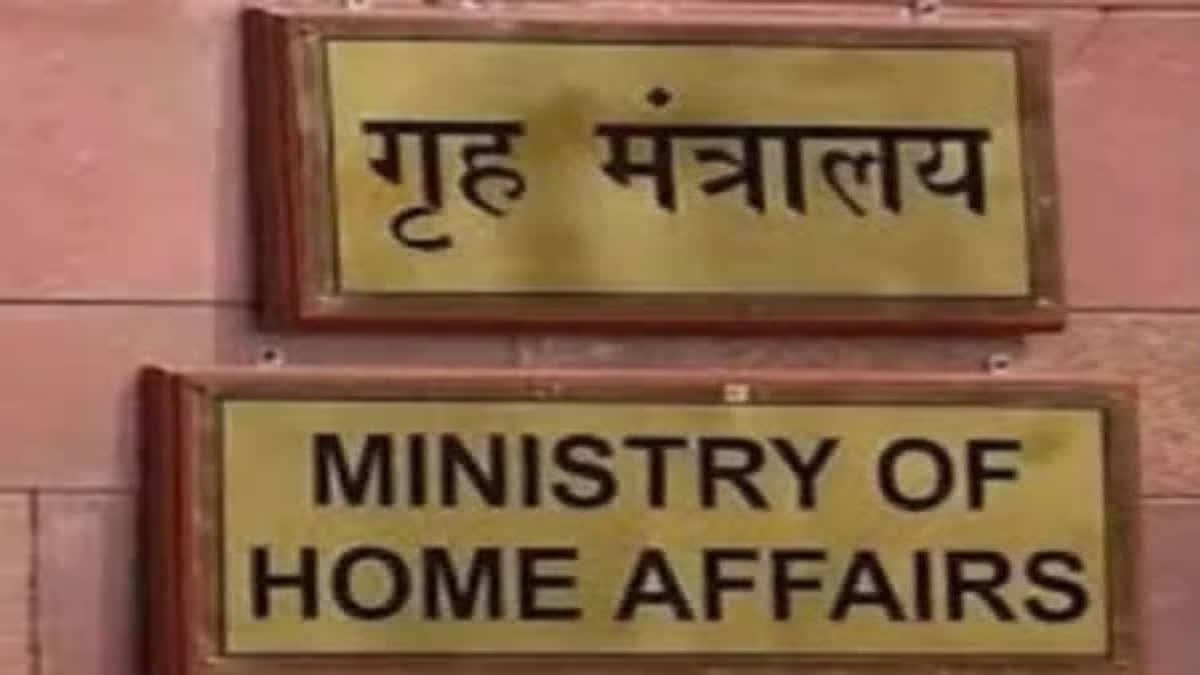New Delhi: The Ministry of Electronics and Information Technology (MeitY) has issued directions for blocking 9845 URLs (which also include radical content) till October this year, revealed Minister of State For Home Nityanand Rai in the Parliament on Wednesday.
"The use of more secure messaging application like Signal, Telegram, Viber and dark Web apart from WhatsApp with end-to-end encryption by radical elements to connect with other like-minded elements has proved to be a major challenge for security agencies in its efforts to counter radicalised individuals online," said Minister of State for Home Nityanand Rai in the Rajya Sabha.
Of late, several instances have appeared to the fore where security agencies have found that activists of terror outfits based in India have been trying to radicalise youths in the country online.
In the recent past, the National Investigation Agency (NIA) has arrested Sheikh Sultan Salahuddin Ayubi, a member of the Jaish e Mohammad (JeM) from Krishnai in Goalpara district of Assam.
"Ayubi’s arrest has ascertained the fact that the terrorist organisations are adopting online methods to recruit and radicalise youths," a senior official from the security establishment told ETV Bharat.
His interrogation has further ascertained the fact about the use of online methods by the terrorist organisations, the official added.
Rai also informed the Parliament that as the extensive use of cyber technology is the main tool for propagating radical ideology, cyber-space is being monitored ceaselessly.
"Cyber patrolling is done on a regular basis to identify and monitor such content and entities which are targeting gullible, depressed, alienated youth. Websites and accounts involved in communal and anti-India propaganda affecting sovereignty and integrity of India are being identified and sent to the Ministry of Electronics and Information Technology (MeitY) for taking action," he said.
Presently, apart from the State Police, the NIA is investigating 67 cases relating to online radicalisation. In these cases, 325 accused have been arrested, 336 accused have been charge-sheeted and 63 accused have been convicted so far.
"MeitY issues directions under Section 69A of the Information Technology (IT) Act, 2000, which empowers the Government to block information from public access under specific conditions and on the interest of sovereignty and integrity of India, defence of India, security of the State, friendly relations with foreign States, public order and for preventing incitement to the commission of any cognizable offence relating to above after following the due process as provided in the Information Technology (Procedure and Safeguard for Blocking for Access of Information by Public) Rules, 2009," Rai said.
In addition, u/s 79(3) (b) of IT Act, 2000, Indian Cyber Crime Coordination Centre (I4C), Ministry of Home Affairs, has also been authorized /designated as an agency to issue ‘Take Down Notices’ for intermediary/Platform to remove unlawful content, the minister said.
Rai informed that the Indian delegation while addressing the plenary session of 19th INTERPOL Heads of NCB Conference in Lyon, France, emphasised upon all the delegations, that online radicalisation continues to pose a significant challenge to global security, and that combating this threat requires global cooperation and multi-faceted strategy, that addresses both the supply and demand of extremist content.
CBI, as the National Central Bureau for India, continues to be engaged with INTERPOL to combat Online Radicalisation.
During the 90th INTERPOL General Assembly held in New Delhi from 18-21st October 2022, the INTERPOL unveiled the first-ever Metaverse which is specifically designed for law enforcement worldwide. Subsequently, in January 2024, the INTERPOL released a whitepaper on a law enforcement perspective on Metaverse and identified the issue of radicalisation and noted that terrorists may exploit the Metaverse for online recruitment, radicalisation, training and indoctrination of individuals.
"In this regard, regular meetings are being held with all stakeholders and Law Enforcement Agencies for sharing of information including inputs on radical organisations for collectively addressing multiple risk factors associated with radicalisation in a holistic and coordinated manner and to establish effective mechanism and strategy to tackle radicalisation," Rai said.



